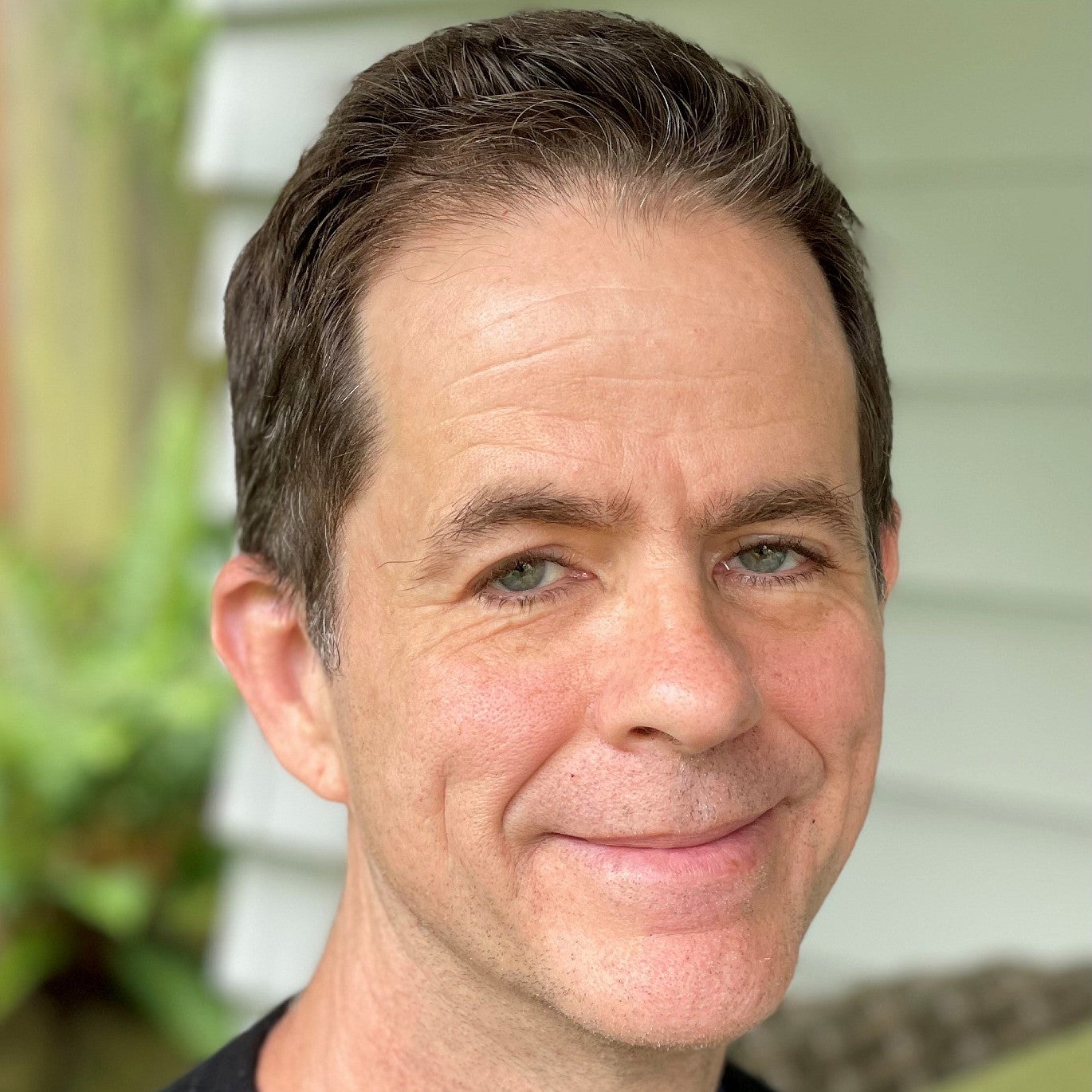
2022 Provost Fellows
The Provost Fellows Program galvanizes the Office of the Provost's faculty support programming, centers faculty insights, and provides a significant new professional development opportunity for faculty who are interested in academic leadership.
Teaching
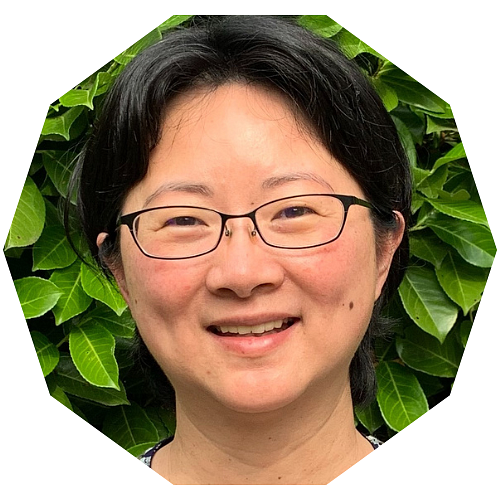
Yizhao Yang
Associate Professor of Planning, Public Policy and Management
Leadership
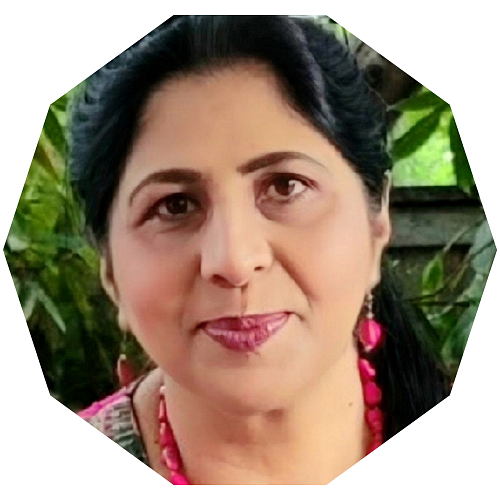
Jagdeep Bala
Senior Instructor II in Psychology
Mentorship
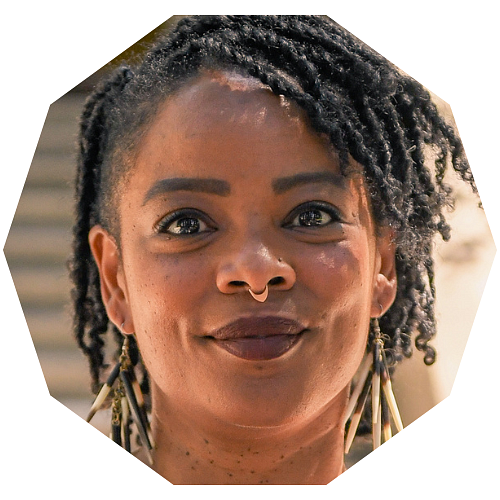
Charise Cheney
Associate Professor of Indigenous, Race, and Ethnic Studies
Academic Freedom
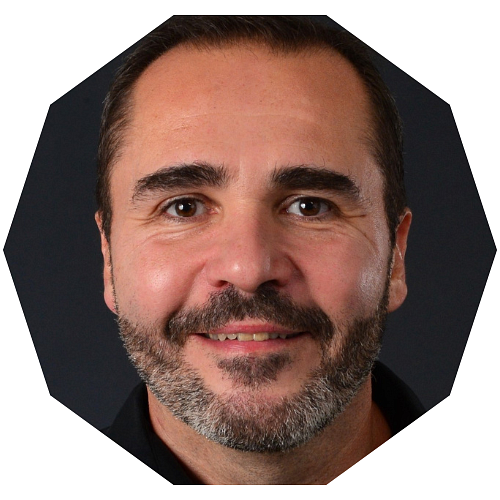
Pedro García-Caro
Associate Professor of Spanish
Academic Freedom
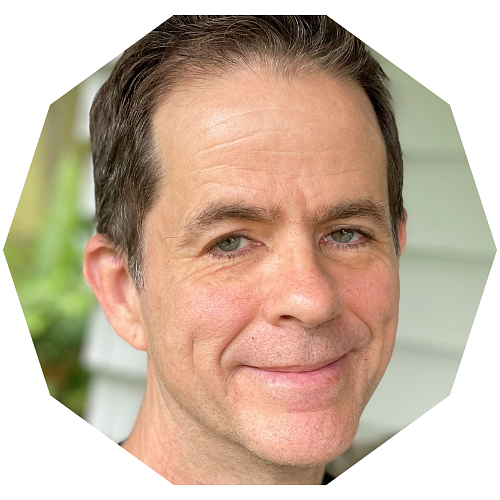
Joe Lowndes
Professor of Political Science
About the 2022 Fellows
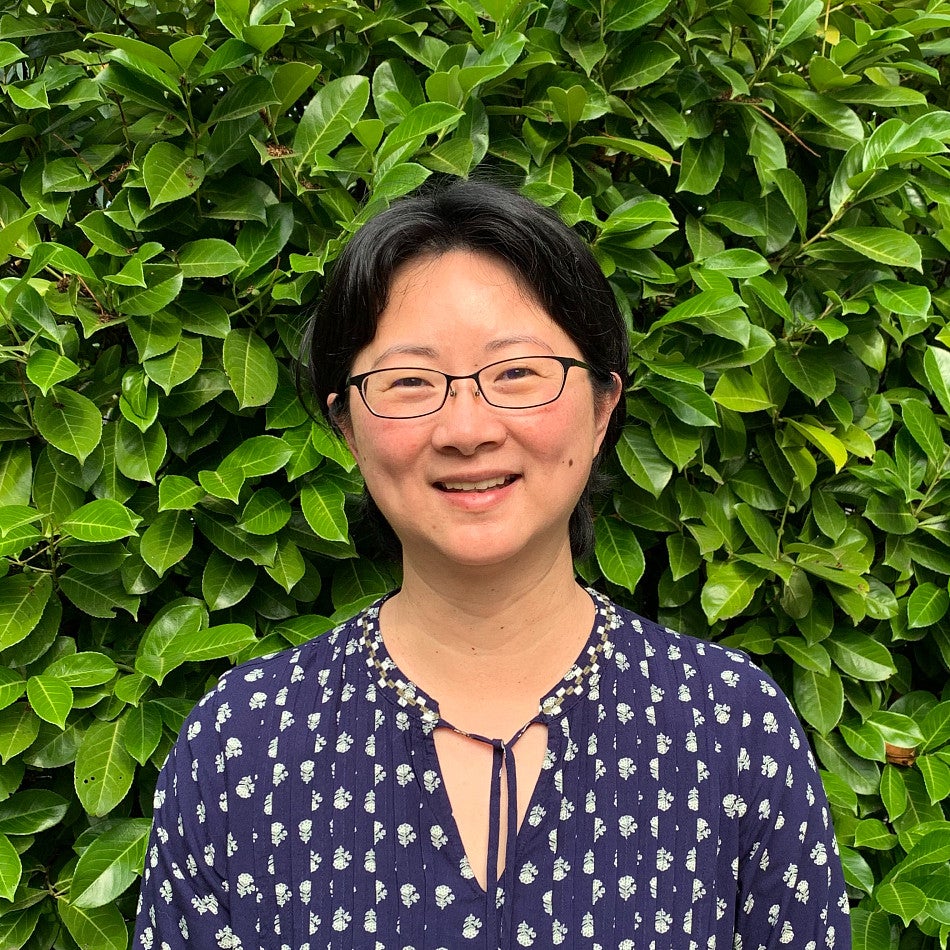
"I hope this project will help the university advance its rich multimodal teaching culture via institutional and technological investment. The COVID-19 pandemic has rendered us a great opportunity, although somewhat unwanted, to experiment with multiple teaching modalities. I think mixed modalities that enable greater flexibility and accessibility in learning will be in sustained high demand going forward. This is because we will have to be prepared for the uncertainty arising from emergencies associated with public health and/or natural disasters. Students are also likely to expect a higher level of flexibility and convenience afforded by mixed learning modes, even for those preferring in-person experience. Each of the teaching modalities has pros and cons. Innovative pedagogical strategies are needed for overcoming a modality’s problems while strengthening its advantages."
— Yizhao Yang
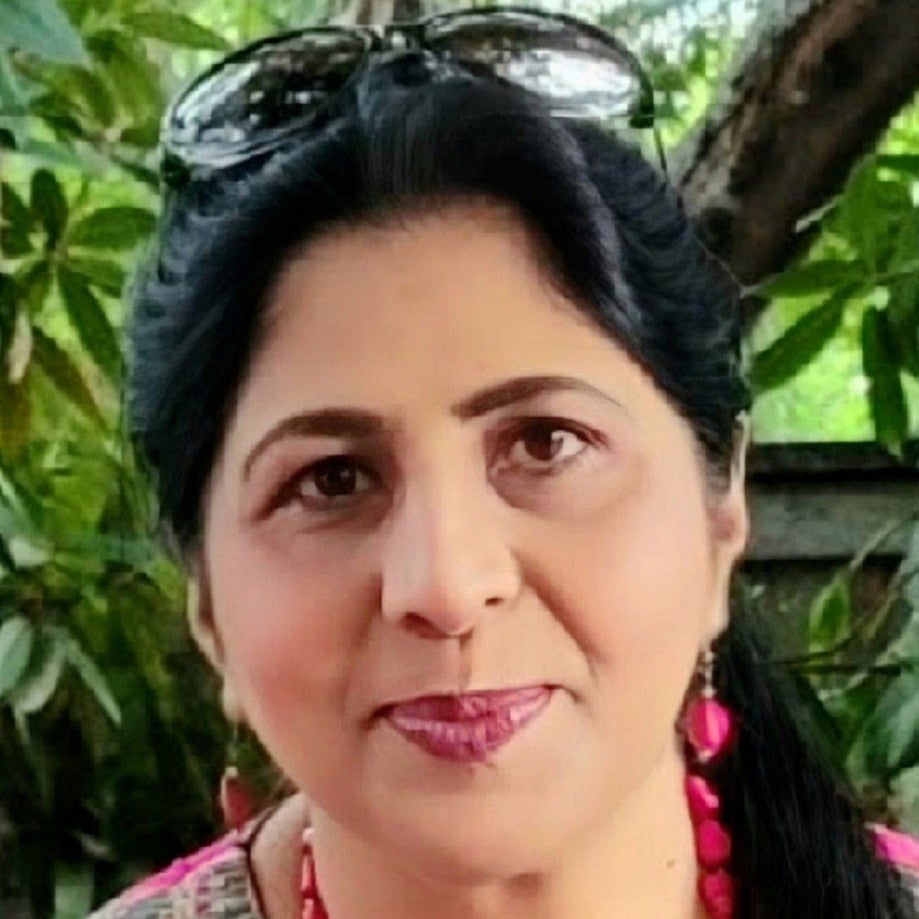
"I really hope to make it easier for faculty to step up and take on leadership roles by institutionalizing collaborative learning, mutual development, as well as development of effective strategies for leading peers, and empowering others. With forums where we can jointly develop tangible and intangible competencies of leadership, my hope is that all UO forums and faculty leaders will be able to build a culture of diversity and inclusion by emphasizing integrity in decision-making strategies across diverse goals and think divergently about leadership attributes that can be developed or honed. The pie-in-the-sky goal is to make some of the intangibles, tangible!"
— Jagdeep Bala
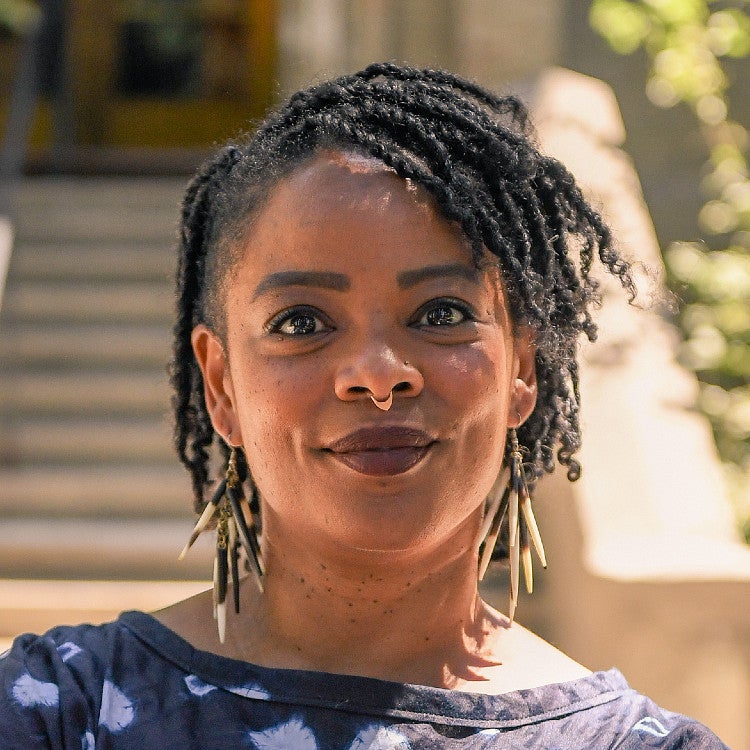
"My primary interest is in exploring ways to support Black faculty across campus. The Mentorship Fellowship will give me time and the opportunity to focus on what is and is not working with the University's retention efforts, especially when it comes to junior Black faculty. I am the Director of the Black Studies program and I believe its success is dependent upon the recruitment and retention of Black faculty, who also serve as mentors to Black students. I also envision further developing the Black Faculty Collective as a critical space for facilitating strong relationships between junior and senior faculty."
— Charise Cheney
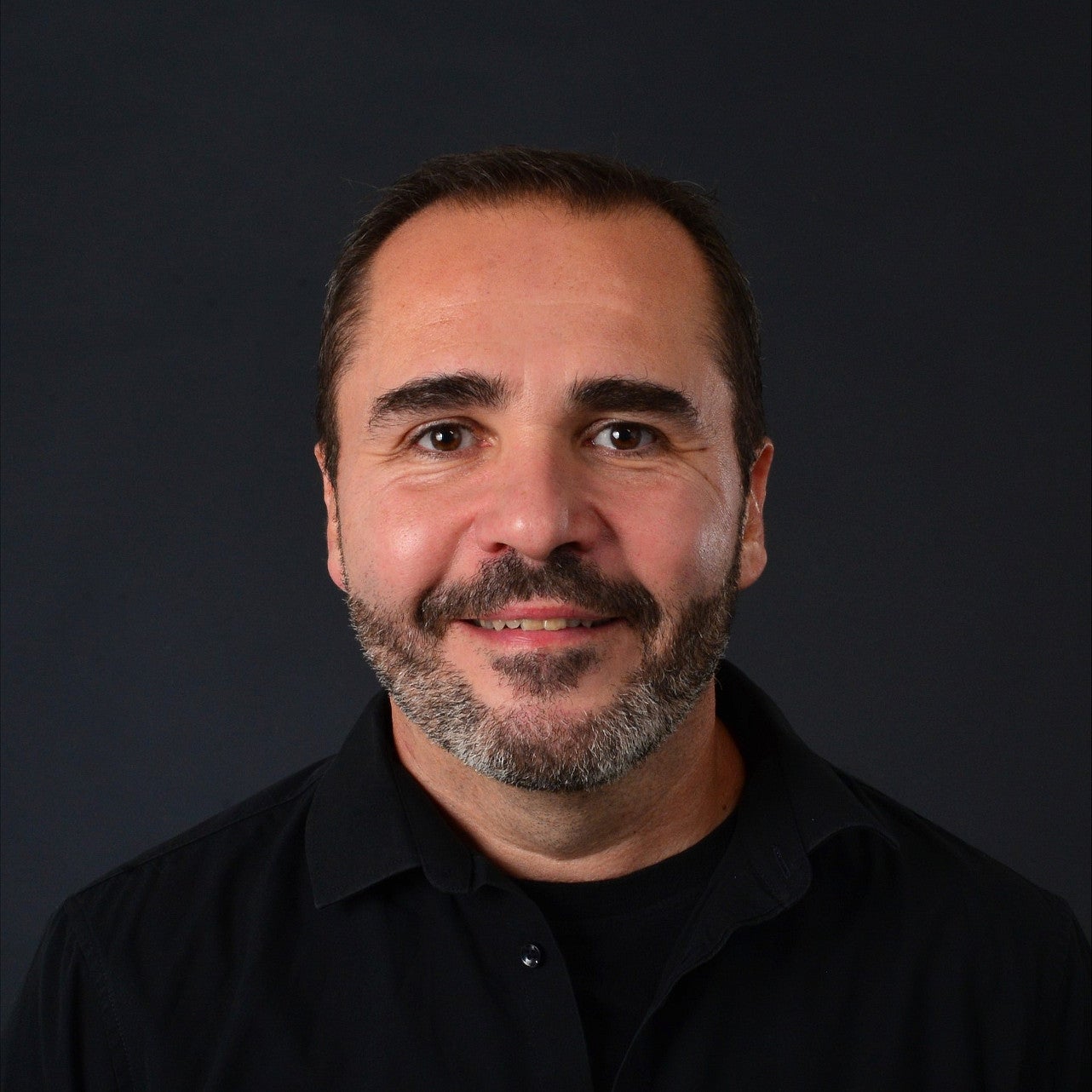
"I believe our campus, in no small part thanks to the big impact of unionization, has become a national leader in guaranteeing intellectual and academic freedoms for its faculty, but as always, more work could be done to align financial and administrative structures with the needs of faculty to realize their professional goals. Academic freedom is the bedrock on which research and intellectual independence should rest. When censorship, political or religious interference, and even economic and financial pressures are exercised over researchers their freedom to conduct research and teach their results is impacted."
— Pedro García-Caro
